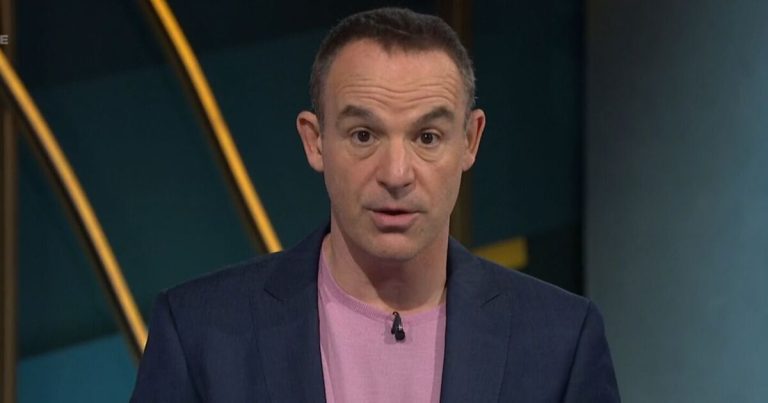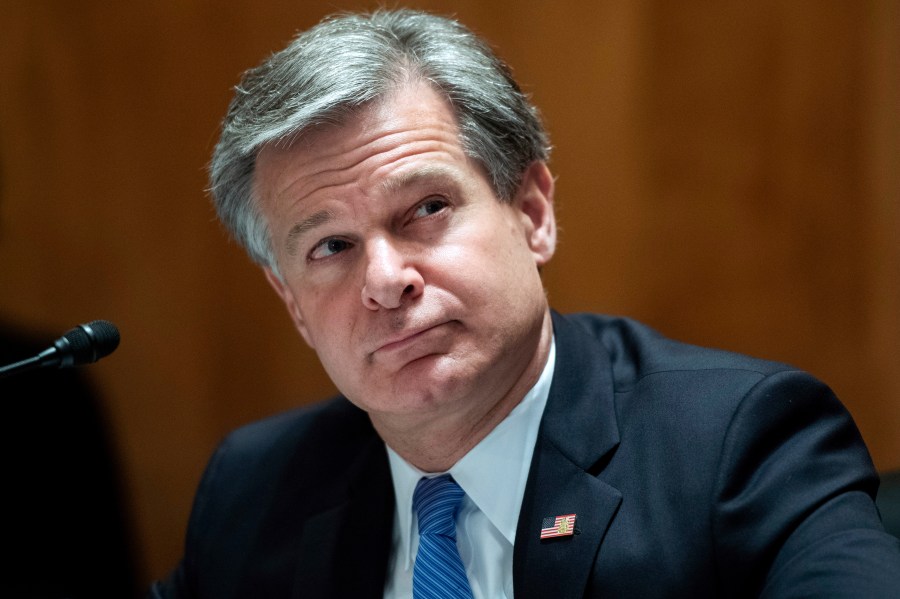
A third increase in energy bills in six months is on the cards as analysts predict another rise in April.
The price cap set by the industry regulator Ofgem rose by 10 percent in October, taking it up by the equivalent of £149 a year for a typical household to £1,717 and it is set to rise to the equivalent of £1,738 a year from January 1.
Now analysts at Cornwall Insight are predicting the figure will climb to £1,762 per year from April 1 through to the beginning of July on the back of higher wholesale gas prices and changes in how the cap is set.
The UK, which relies heavily of imports of gas around the world both to run household central heating and generate electricity, suffers the highest power prices in the world, which has been a disaster for households and businesses.
The latest price cap predictions mean British families will be paying around 50 percent more than before the energy price crisis triggered by Russia’s invasion of Ukraine and unrest in the Middle East.
Other reforms to the price cap, including incorporating allowances to fund exemptions for energy-intensive industries, could increase the cap by a further £20 to £1,782, Cornwall predicted.
European gas prices have risen near a 12-month high to trade at €45.5 per megawatt/hour, from a 30-month low of €24 per MWh in February. Demand from Asia after summer heatwaves has pushed up international competition for supplies.
At the same time Britain has become more reliant on liquefied natural gas imports as it has attempted to wean itself off Russian pipeline supplies since the invasion of Ukraine. Ofgem said that this scenario would probably contribute to gas prices remaining volatile next year.
Craig Lowrey, principal consultant at Cornwall Insight, said that energy bills next year are “shaping up to reflect a perfect storm of regulatory changes and market turbulence”, in addition to potential reforms put forward by the new government.
He said: “There are a lot of unknowns, and while significant rises in price are currently unlikely, the scale of any increases will depend on how the market and the reforms unfold.”
Simon Francis, coordinator of the End Fuel Poverty Coalition, said: “The latest forecast price cap rise will mean energy bills will be 70 per cent above what they were in winter 2020/21 — that’s more than £750 extra a year the average household has to find just to use similar levels of energy as a few winters ago.
“This means more people living in cold damp homes, exposed to the health complications that come from living in fuel poverty.”
Ben Gallizzi, energy expert at Uswitch.com, said: “This predicted rise in April’s price cap would mark a third consecutive hike for energy prices, adding to the current pain for households.
“This increase could mean the average household on a standard variable tariff would pay 1 percent more on their rates from April – on top of the 1 percent increase in January that we’re yet to pay.
“This is an early prediction so this 1 percent rise isn’t guaranteed, but energy prices remain uncertain.”
He said households can protect themselves, adding: “There are now a range of fixed deals available that are significantly cheaper than the predicted price cap for January, so it is well worth running a comparison to see how much you could save.
“Right now, the average household could save up to £112 per year against the current price cap by switching to a twelve month fixed deal.
“Consumers who are worried about paying their energy bill should check what energy help they are eligible for, and contact their supplier who may be able to offer support.”







